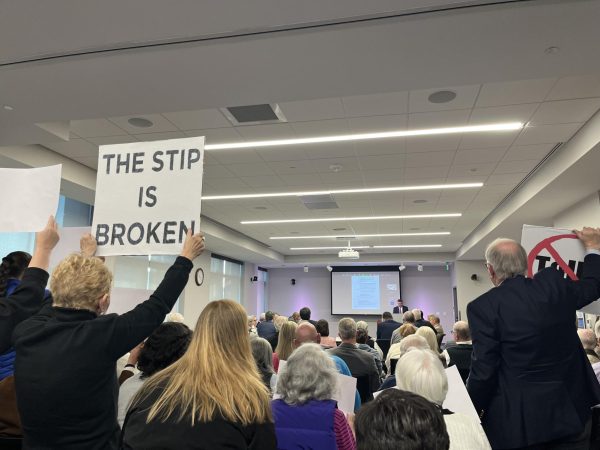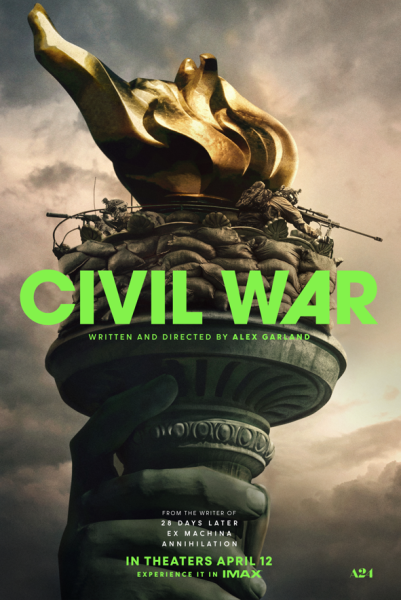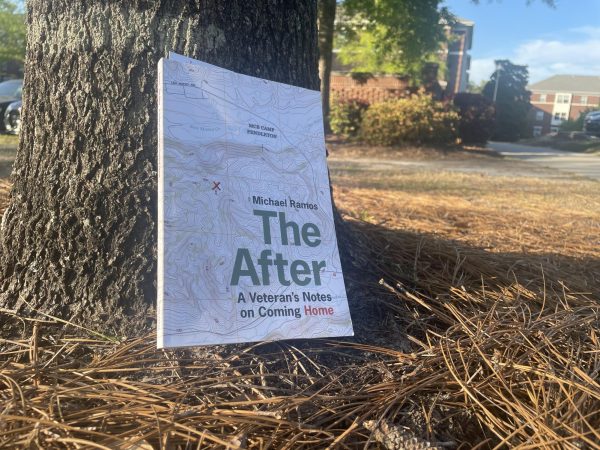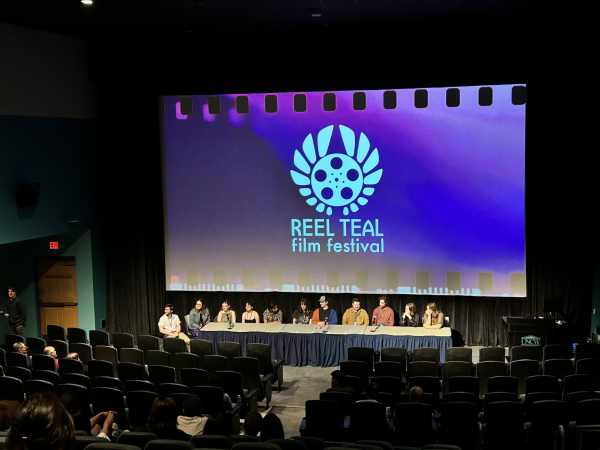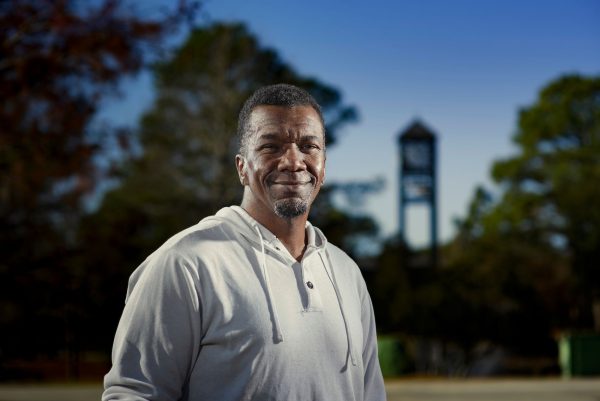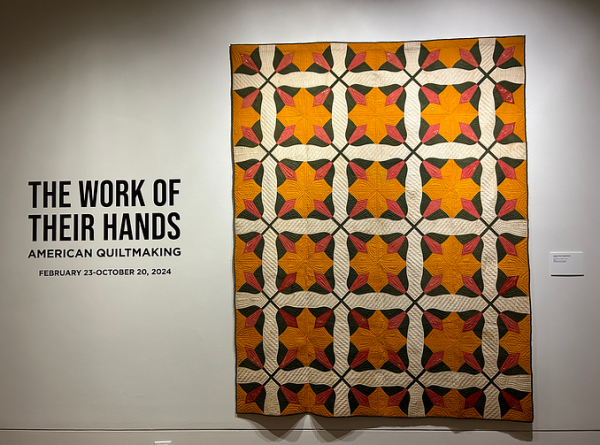Does UNI 101 help students transition?
September 8, 2016
Professors who teach First-Year Seminar classes at UNC Wilmington have been given a lot of leniency in their lesson plans, especially after the introduction of new pilot sections for this semester. Required for all full-time students in their first semester, this course is designed to help the often-difficult transition from a high school environment to a university.
This semester there are over 80 sections of UNI 101, and each professor has their own idea of what should be covered by this class. Professor Sandra McClammy, a DJ for Coast 97.3, believes the most important aspect of her traditional UNI class is “making sure students don’t quit.”
She mentioned that study skills and time management are important to learn, but they’re less important than practical skills such as social coping and understanding diversity.
Citing the fact that UNCW is a predominantly white university, McClammy finished by saying, “The social side of a student is important. Know how to be a person, and the academics will come.”
But there are discrepancies in the teaching—as long as the material in the book is discussed, the professors are allowed to make the class whatever they want, and this means some classes are more academic than others.
Orientation Leader and sophomore Justin Sanchez works in a pilot UNI classroom, acting as a link between the students and the professor. The new pilot sections are designed to incorporate an academic focus, according to the UNCW website.
“They don’t specifically have to teach UNI,” Sanchez said.
He was describing how his instructor, a graduate of the paleontology department, created “Dinosaur of the Day” assignments in addition to the three self-reflection journals that are due each week. He also assigns his students readings from three textbooks: “Little Bee,” the required textbook, “Jurassic Park,” a novel, and “The Nature of Life,” an anthology of biology writings.
Sanchez recalled that in his check-in sessions with students, most of them say that this is their hardest class. What about practical skills? They were reportedly assigned a financial worksheet for homework that involved filling out columns such as “monthly net income” and “periodic expenses,” but Sanchez admitted as a student even he didn’t really know what he was doing.
Some instructors choose to focus on the environment of the university in their class. Junior Chris Livernois, a creative writing major who was a Resident Assistant last year, remembered that he liked his UNI class because “it gave me friends right off the bat.”
Livernois is from New Hampshire, so he didn’t know anyone when he first came to UNCW in 2014. His UNI instructor, a professor in the English department, chose to teach them about what life is like in Wilmington, informing them about local restaurants and specialties like Cookout. They also learned how to use the many resources at UNCW.
“I was overwhelmed the first time I went to the library,” recalled Livernois. “I didn’t know anything about their crazy number system.”
Over the course of the semester, his instructor introduced them to the wide array of facilities on campus. When asked about practical skills, Livernois talked about learning researching tips, time management, and personal development. Overall, he described his UNI class as being helpful more for “mental ease into college than for preparedness.”
It’s hard to answer the question of what a UNI class should look like. With so many professors from so many departments and backgrounds, it’s easy to see why there is such a range of experiences associated with this class. No matter what the instructor chooses to focus on, the most important function of this class is to provide a smooth transition into UNCW—not to add to their stress.









